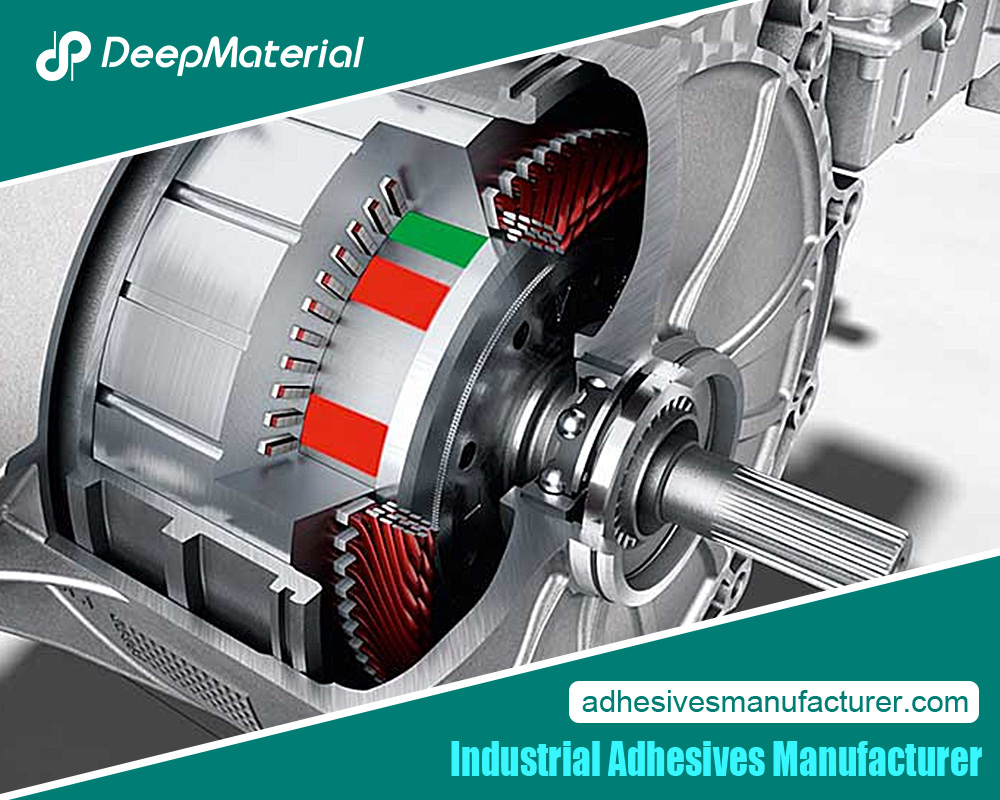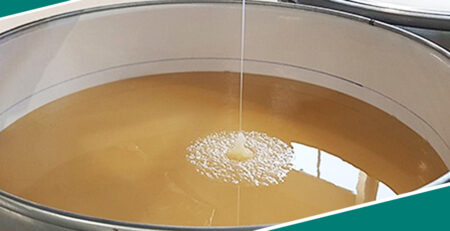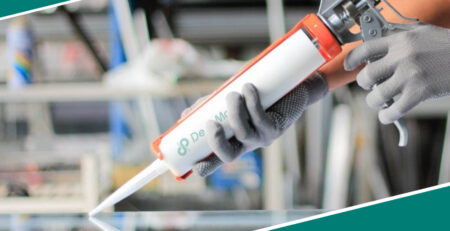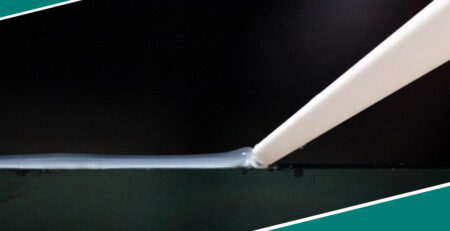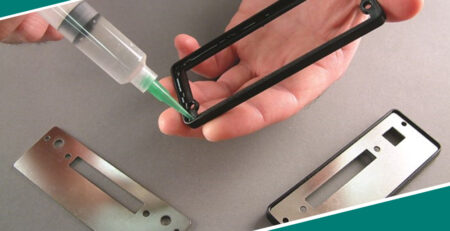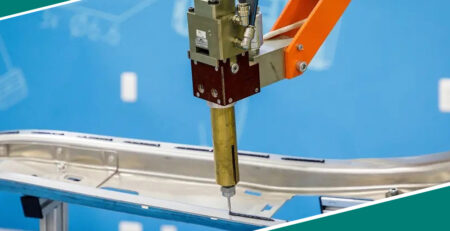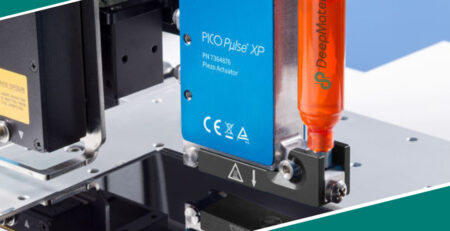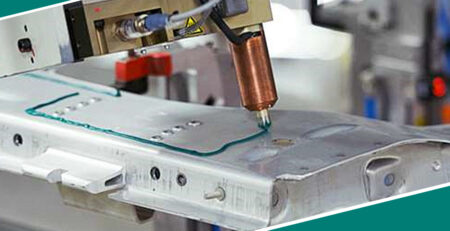Finding the Best Glue for Magnets to Metal: A Comprehensive Guide
Finding the Best Glue for Magnets to Metal: A Comprehensive Guide
When it comes to adhering magnets to metal surfaces, choosing a suitable glue is essential for ensuring a robust and durable bond. Whether working on a DIY project, crafting, or repairing items, the adhesive you use can significantly affect the outcome. This guide explores various options for the best glue for magnets to metal, covering different types of adhesives, their applications, and factors to consider when selecting the right one for your needs.
Magnets are versatile tools that find applications in numerous fields, from household items and crafts to industrial uses. To ensure these magnets stay securely on metal surfaces, the adhesive you choose must offer a robust bond capable of withstanding various conditions. With numerous adhesive options available, understanding their properties and applications can help you make an informed decision. This article will explore the best types of glue for attaching magnets to metal, including their advantages, ideal uses, and tips for achieving the best results.
Types of Adhesives for Magnets and Metal
Choosing the suitable adhesive depends on several factors, including the type of metal, the environment in which the magnet will be used, and the bond strength required. Below are some of the most effective types of glue for magnets to metal.
Epoxy Resin
Description: Epoxy resin comprises two parts—a resin and a hardener—mixed before application. It creates a durable bond that can handle heavy loads and various environmental conditions.
Advantages:
- Strength: Epoxy forms a powerful bond, which is ideal for applications requiring high shear strength.
- Durability:It resists temperature fluctuations, moisture, and chemicals, making it suitable for indoor and outdoor use.
- Versatility: Can be used on different metal types and surfaces, including rusted or painted metals.
Applications: Ideal for industrial settings, heavy-duty crafts, and any application where a long-lasting bond is crucial.
Super Glue (Cyanoacrylate)
Description: Super glue, or cyanoacrylate adhesive, is known for its fast-drying properties and strong bond. It works well on small to medium-sized magnets and metal surfaces.
Advantages:
- Speed: Dries within seconds, making it perfect for quick fixes and projects.
- Precision:Provides a strong bond with minimal mess, useful for small or delicate applications.
- Ease of Use: Easy to apply with minimal preparation required.
Applications: Best suited for lightweight or small-scale projects, such as crafting or minor repairs.
Polyurethane Adhesive
Description: Polyurethane adhesives are versatile and create a robust and flexible bond that works well on various materials, including metal.
Advantages:
- Flexibility: Allows movement between the magnet and the metal, reducing the risk of bond failure due to vibration or thermal expansion.
- Water Resistance: Provides a waterproof bond, making it suitable for outdoor or moist environments.
- Gap-Filling: Can fill gaps between uneven surfaces, ensuring a secure hold.
Applications: Ideal for projects exposed to moisture or requiring a flexible bond, such as outdoor signs or machinery.
Construction Adhesive
Description: Construction adhesives are designed for heavy-duty bonding and are often used in building and renovation projects.
Advantages:
- Strength: Provides a powerful bond capable of handling significant loads and stresses.
- Versatility: Adheres to a wide range of materials, including metal and various types of surfaces.
- Durability: Resistant to temperature changes and environmental factors.
Applications: Best for large-scale or heavy-duty applications, such as attaching large magnets to metal structures or components.
 Factors to Consider When Choosing Glue
Factors to Consider When Choosing Glue
Selecting the best glue for magnets to metal involves evaluating several factors to ensure the adhesive meets your project requirements.
Bond Strength
- The strength of the adhesive bond is crucial, especially for projects involving heavy magnets or high-stress environments. Epoxy resin and construction adhesives typically offer the strongest bonds, while superglue provides a quick and effective solution for lighter applications.
Drying Time
- Depending on the urgency of your project, drying time may be an essential consideration. Super glue offers rapid drying, while epoxy and polyurethane adhesives may require more time to set and cure thoroughly. Ensure you choose an adhesive with a drying time that aligns with your project needs.
Environmental Resistance
- Consider the environmental conditions the magnet will be exposed to, such as moisture, temperature fluctuations, or chemicals. Epoxy resin and polyurethane adhesives are known for their durability in harsh conditions, while superglue may be less resistant to moisture or extreme temperatures.
Surface Preparation
- Different adhesives require different surface preparations. Epoxy and polyurethane adhesives may need clean, roughened surfaces for optimal adhesion, while superglue can bond quickly to clean, smooth surfaces. Follow the manufacturer’s instructions for surface preparation to achieve the best results.
Ease of Application
- Some adhesives are more accessible to apply than others. Super glue offers a simple application process with minimal mess, while epoxy resin and construction adhesives may require mixing and more careful application. Choose an adhesive that fits your comfort level and the complexity of your project.
Application Tips for a Strong Bond
To achieve the best results when gluing magnets to metal, follow these application tips:
- Clean the Surfaces: Ensure the magnet and metal surfaces are clean and free from dust, grease, or rust. Use a suitable cleaner or abrasive to prepare the surfaces for bonding.
- Apply Adhesive Evenly: Apply the adhesive in a thin, uniform layer for even coverage. Avoid over-applying, as this can lead to excess glue squeezing out and affecting the bond.
- Press and Hold: Press the magnet firmly onto the metal surface after applying the adhesive. Hold it for the recommended curing time to ensure a strong bond.
- Allow Full Cure Time: Follow the manufacturer’s instructions for curing time. Some adhesives may require longer to achieve full strength, so be patient to ensure the best results.
- Test the Bond: Once the adhesive has fully cured, test the bond by gently applying pressure to ensure it holds securely. If needed, make adjustments or reapply the adhesive.
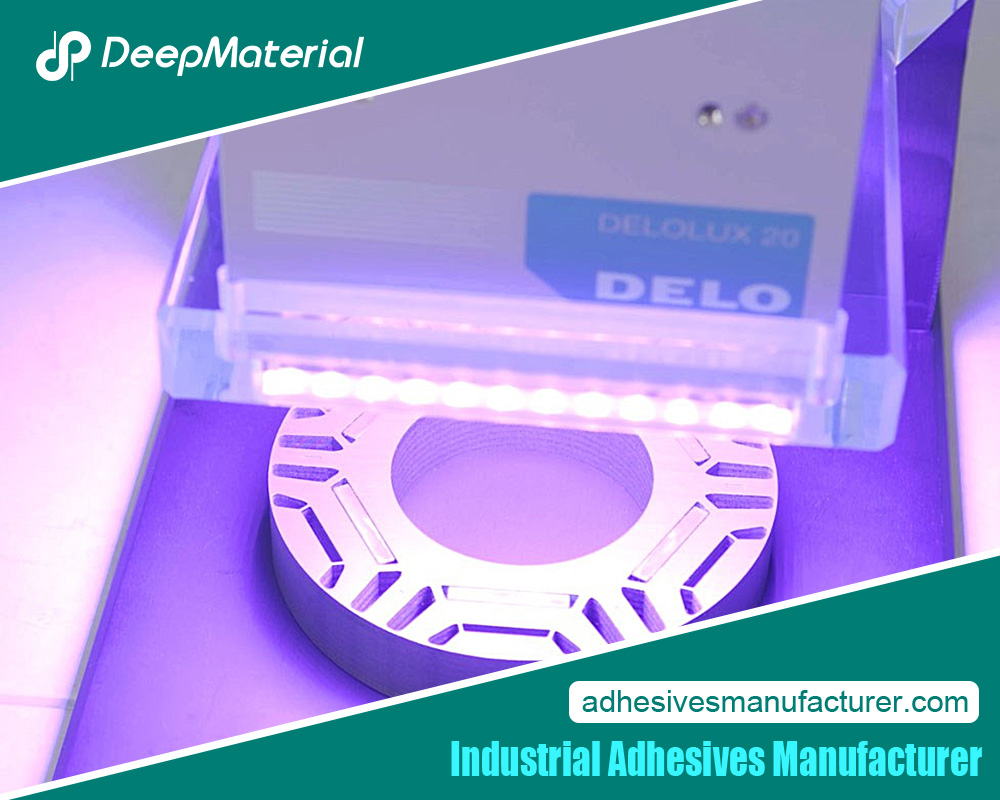 Conclusion
Conclusion
Choosing the best glue for magnets to metal involves understanding the properties and advantages of different adhesives. Whether you need a robust and durable bond for heavy-duty applications or a quick fix for smaller projects, selecting the suitable adhesive can make a significant difference. Epoxy resin, superglue, polyurethane adhesives, and construction adhesives each offer unique benefits tailored to various needs and conditions. Considering bond strength, drying time, environmental resistance, and ease ofapplication, you can ensure a successful and long-lasting bond between magnets and metal surfaces. With suitable adhesive and proper application techniques, your magnets will stay securely in place, enhancing the functionality and longevity of your projects.
For more about finding the best glue for magnets to metal: a comprehensive guide, you can pay a visit to Deepmaterial athttps://www.adhesivesmanufacturer.com/ for more info.

